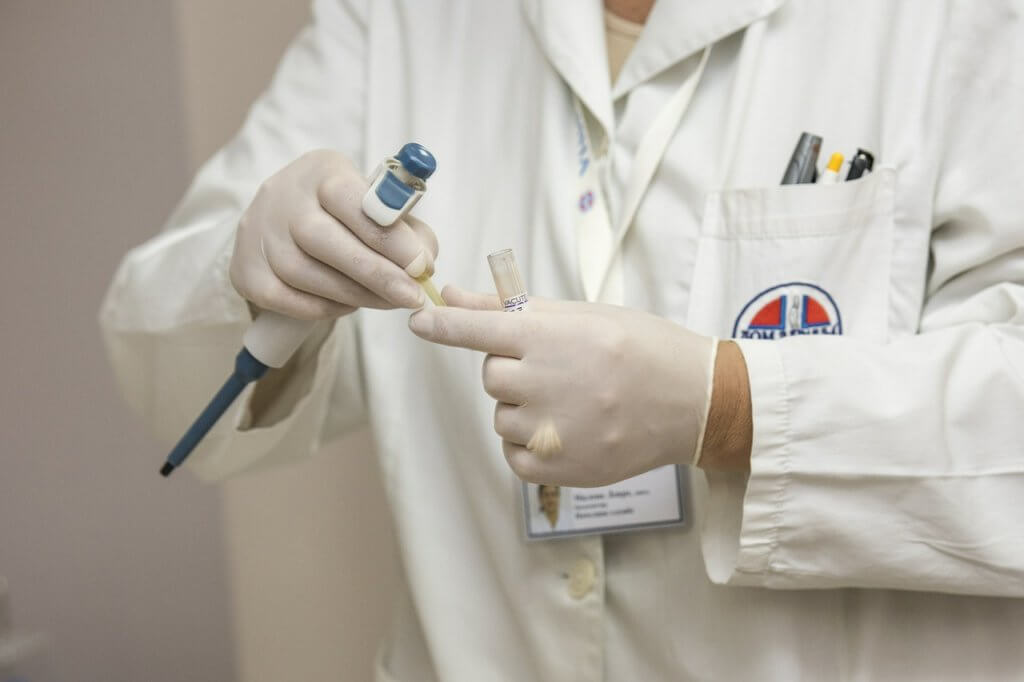In most cases, a healthcare professional has no legal responsibility for the injuries that a patient experiences. However, healthcare professionals can be held legally responsible if the patient experiences injuries as a result of them deviating from their duty of care.
Medical malpractice happens when a healthcare professional’s careless actions or oversight leads to a patient’s injury. These injuries encompass errors in diagnosis, treatment, aftercare, as well as health management.
While medical malpractice cases are relatively rare, the consequences can be devastating when they do occur. Listed here are the common types of medical malpractice.
Misdiagnosis
Misdiagnosis occurs when a doctor or other health professional diagnoses the incorrect medical condition or illness in a patient. This type of medical malpractice frequently leads to unwanted, useless, and unsafe medical care, which can be very harmful for the patient.
When claiming misdiagnosis as part of a medical malpractice claim, it’s important to point out what the doctor did wrong, as well as demonstrate how a competent doctor would have correctly diagnosed the condition.
Some examples of misdiagnosis include:
- A doctor diagnosing a patient with a gastric complication when the latter is actually having a heart attack.
- A doctor giving a cancer diagnosis to a patient when they are actually cancer-free.
- Misdiagnosis in emergency situations.
Childbirth Injuries
These types of injuries occur when a newborn suffers an injury before, during, or after they are born. Medical malpractice during any of these periods may lead to several kinds of childbirth injuries, including the following:
- Brain injuries such as cerebral palsy and seizures
- Bone fractures
- Partial or full paralysis
The following are prominent examples of negligent prenatal care:
- Failure to identify the mother’s medical condition
- Failure to diagnose birth defects or ectopic pregnancies
- Failure to identify communicable illnesses that could harm the fetus
- Failure to foresee problems caused by the newborn’s weight
- Failure to act on signs of fetal distress
Medication Errors
One of the most prevalent types of medical malpractice, medication errors consist of errors in medicine prescription, dispensing, and provision. Medication errors can be classified into the following types:
- Preventable adverse drug events
- Potential adverse drug events
Preventable adverse drug events are harmful medication errors, while potential adverse drug events are medication errors that took place yet did not cause any harm to the patient.
Here are the most common examples of medication errors:
- An error in the initial prescription
- A drug that was administered inappropriately
- Failure to observe a possibly dangerous drug interaction
- Incorrect dosage
Anesthesia Errors
Compared to surgical errors, mistakes in administering anesthesia to patients are fairly rare occurrences. However, the latter could lead to grave consequences, including permanent injury, brain damage, or even death.
Some common causes of medical negligence by anesthesiologists include the following:
- Failure to examine a patient’s medical history for potential health problems.
- Failure to tell a patient about vital preoperative measures.
- Giving the patient too much anesthesia.
- Failure to observe changes in the patient’s vital signs.
- Use of faulty medical equipment.
Surgical Errors
Surgical errors are avoidable errors made by doctors and other medical professionals during surgery. These types of medical errors are unforeseen and transcend generally known surgical risks.
Surgical errors can occur due to the following causes:
- Incompetence
- Inadequate preparation for a surgical operation or medical procedure
- Incorrect work processes
- Poor communication
- Fatigue
- Drug or alcohol intake
- Neglect
Examples of surgical errors include:
- Rupturing a patient’s organ or blood vessel
- Performing surgery on the wrong body part
- Leaving surgical equipment inside a patient’s body
Failure to Treat
Failure to treat occurs when the physician makes the correct diagnosis but fails to assign the correct treatment. This type of malpractice often occurs when doctors are treating too many patients to provide the basic standard of care, a practice known as “putting profits over safety”.
A doctor can demonstrate a failure to treat patients through the following acts:
- Early discharge of patients
- Failure to provide follow-up care or re-examination
- Failure to refer a patient to a specialist
Unnecessary Surgery
This type of medical malpractice is generally associated with patient misdiagnosis or a medical judgment that does not properly consider other alternatives or risks. While recommending unnecessary surgical procedures isn’t technically medical malpractice, if an injury could have been avoided by forgoing an unnecessary surgical procedure, the doctor who recommended the procedure could be held liable for the resulting injury.
Unnecessary surgery commonly encompasses the following procedures:
- Pacemaker implants
- Coronary bypass surgery
- Cesarean section delivery
- Hysterectomy
Seek Legal Assistance From Expert Medical Malpractice Lawyers
Patients who’ve suffered injuries as a result of their healthcare providers’ negligence and failure to uphold the standard of care have the right to seek compensation. If you’ve been injured or misdiagnosed by a health professional, you can seek damages by filing a medical malpractice claim.
In California, patients can seek reparation for injuries and damages, including but not limited to, actual medical costs, loss of earnings, future medical care, and pain and suffering. But aside from the fact that it is difficult to prove negligence, the defendant will most likely be represented by insurance companies and lawyers who’re adept at winning medical negligence cases for their clients.
To ensure the most successful outcome to your case, it’s wise to hire an experienced and knowledgeable Los Angeles-based medical malpractice attorney. Mesriani Law Group’s team of expert personal injury lawyers will work hard to ensure you’re justly compensated for all your sufferings and injuries.








